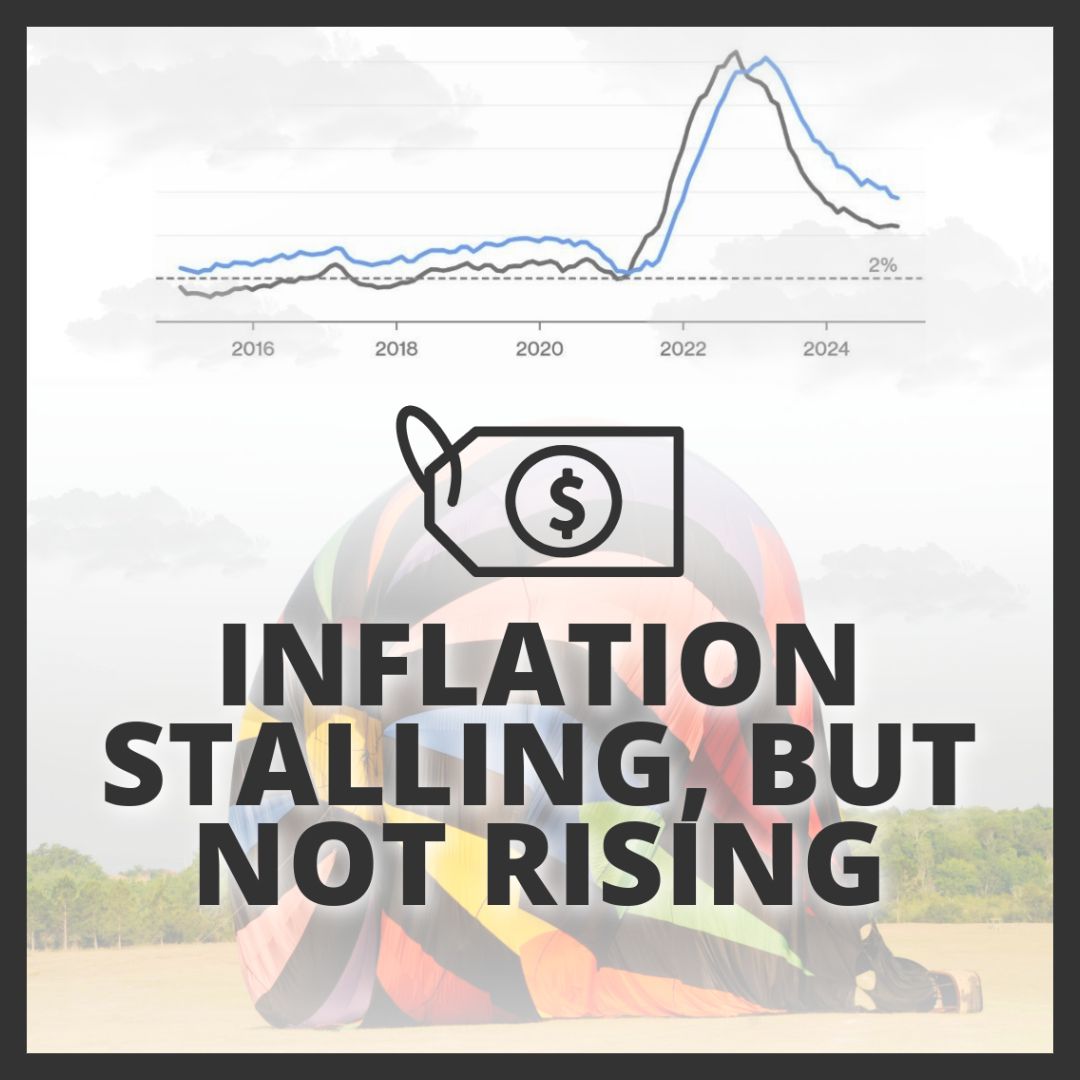Decidedly Mixed
Decidedly Mixed

The major domestic stock indexes ended last week mixed after surrendering gains late; at its
Thursday peak, the S&P 500 moved within nearly 3 percent of its all-time high in February. The
market rotation that began the previous week remained in evidence, with mid-caps and value
stocks regaining some of the substantial ground lost in recent months to large-caps and growth
shares. Technology stocks and the tech-heavy Nasdaq Composite fared worst, dragged down by
declines in Apple and several chipmakers. Energy stocks outperformed within the S&P 500 as oil
prices rallied early in the week.
Credit for the week’s strong start seemed to go, in part, to good news on the vaccine front.
Tuesday morning’s news of the European Union’s agreement on a massive fiscal stimulus plan
also boosted sentiment. The stimulus picture remained more clouded in the U.S., however.
Stocks turned lower Tuesday afternoon following Politico’s report that Senate Majority Leader
Mitch McConnell did not expect Congress to meet the White House’s goal of passing a stimulus
bill within the next two weeks.
Stocks took their sharpest turn lower on Thursday afternoon, led by some of the best
performing stocks in recent weeks, suggesting concerns over the concentration of risks within
the market. The closure of a Chinese consulate in Houston also seemed to weigh on sentiment.
The week’s economic data were mixed but included some cautionary signals that growth was
slowing after rebounding sharply in late spring. Most notably, initial unemployment claims from
the previous week rose from 1.31 million to 1.41 million, the first increase since March. The
unemployment data and the Federal Reserve’s targeted purchases of 20- and 30-year U.S.
Treasury bonds led to a significant decrease in longer-term yields over the week and a
flattening of the yield curve.
European shares fell last week, as the deterioration in U.S.-China relations eroded earlier gains
from the EU agreeing on a recovery fund and positive news on efforts to develop a coronavirus
vaccine. In local-currency terms, the pan-European STOXX Europe 600 ended the week 1.17
percent lower, while Germany’s DAX eased 0.23 percent, France’s CAC 40 slid 1.47 percent,
Italy’s FTSE MIB declined 1.25 percent, and the UK’s FTSE 100 fell 2.38 percent.
In Asia, Japanese stocks were relatively unchanged in a holiday-shortened trading week there.
Mainland Chinese stocks declined modestly for the week. The large-cap CSI 300 declined 0.9
percent and the benchmark Shanghai Composite shed 0.5 percent, weighed down by Friday’s
sell-off on news that the Trump administration withdrew consent for China to operate its
consulate in Houston. This unexpected decision rattled those who viewed it as an aggressive
move that would ratchet up bilateral tensions at a time when China’s economic recovery
remains fragile.
Source: "The Madison Weekly Market Wrap", July 12, 2020, Volume 7, Issue 28.
This report provides general information only and is based upon current public information we consider reliable. Neither the information nor any opinion expressed constitutes an offer or an invitation to make an offer, to buy or sell any securities or other investment or any options, futures or derivatives related to such securities or investments. It is not intended to provide personal investment advice and it does not take into account the specific investment objectives, financial situation and the particular needs of any specific person who may receive this report. Investors should seek financial advice regarding the appropriateness of investing in any securities, other investment or investment strategies discussed or recommended in this report and should understand that statements regarding future prospects may not be realized. Investors should note that income from such securities or other investments, if any, may fluctuate and that price or value of such securities and investments may rise or fall. Accordingly, investors may receive back less than originally invested. Past performance is not necessarily a guide to future performance. Diversification does not guaranty against loss in declining markets.
Share
Tweet
Share
Mail
Contact Info
4710 W. Saginaw Hwy., Suite A
Lansing, MI 48917
517-323-2063
hmartin@wminstitute.com
Disclosures
Investing involves risk including the potential loss of principal. Consider your risks and objectives before investing. This is for informational purposes only and should not be construed as tax advice. Consult your tax advisor regarding your specific situation.
Securities and advisory services offered through Madison Avenue Securities, LLC, a Registered Investment Advisor, member FINRA and SIPC. Advisory services also offered through Wealth Management Institute, Inc., a Registered Investment Advisor. Wealth Management Institute and Madison Avenue Securities, LLC are not affiliated entities. Frank Cherniawski is securities registered in: AZ, CA, CT, FL, GA, IN, MI, MO, NC, OH, WA and Advisory Licensed in CA and MI with Madison Avenue Securities, LLC. Please inquire with the advisor about your state prior to further discussion or any decisions.
For Broker Check, click here
California Disclosures
Frank Cherniawski, Certified Financial Planner, is filed with the Commissioner and has not been disapproved. Personal state of domicile and principal place of business is Michigan. California Insurance License Number: 0B81627.
Privacy Policy
View Our Privacy Policy Here











